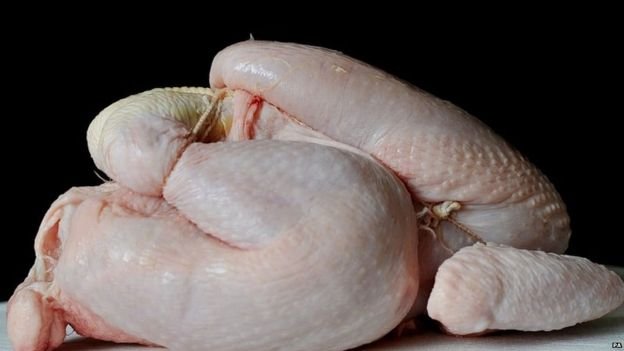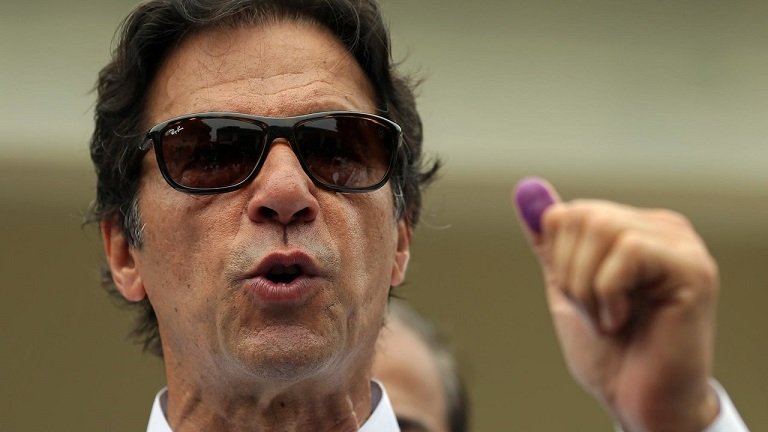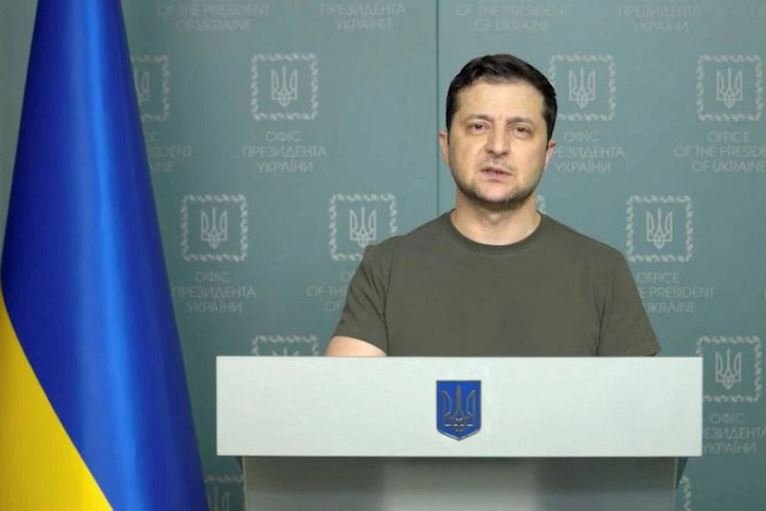Business
US urges UK to embrace chlorinated chicken
US ambassador to the UK Woody Johnson has described fears over chlorine-washed chicken and hormone-fed beef as “myths”, urging the UK to embrace them


Fears over chlorine-washed chicken and hormone-fed beef are “myths”, according to the US ambassador to the UK.
In the Daily Telegraph, Woody Johnson urged the UK to embrace US farming methods after Washington published its objectives for a UK-US trade deal.
EU rules currently limit US exports of certain food products, including chicken and beef – but Mr Johnson wants that to change in the UK after Brexit.
Downing Street has repeatedly denied it will accept lower food standards.
A No 10 spokeswoman said: “We have always been very clear that we will not lower our food standards as part of a future trading agreement.”
Mr Johnson, however, described warnings over US farming practices as “inflammatory and misleading” smears from “people with their own protectionist agenda”.
He also said the EU’s “Museum of Agriculture” approach was not sustainable, adding: “American farmers are making a vital contribution to the rest of the world. Their efforts deserve to be recognised.
“Instead, they are being dismissed with misleading scare-stories which only tell you half the story.”
READ: Over 50 people missing in Nigeria pipeline explosion
On chlorine-washed chicken, Mr Johnson said the process was the same as that used by EU farmers to treat their fruit and vegetables.
Describing it as a “public safety no-brainer”, he insisted it was the most effective and economical way of dealing with “potentially lethal” bacteria such as salmonella and campylobacter.
‘Welfare standards’
President of the UK’s National Farmer’s Union (NFU) Minette Batters said that while Mr Johnson was correct in saying chlorine-washed chicken and hormone-fed beef was “safe” to eat, there were other factors that needed considering.
“The difference is welfare standards and environmental protection standards,” she told BBC Radio 4’s Today programme.
“Our consumer has demanded high standards of animal welfare, we’ve risen to that challenge – he’s right to make the point that food security is crucially important, we would say the same – but all we’re saying is: ‘Produce the food to our standards and we’ll have a trade deal.’”
Ms Batters said chicken farms in the US were not required, for example, to include windows in their sheds or clean out in between flocks.
The US National Farmers’ Union has always maintained that its chicken and beef, which use processes banned by the EU, are “perfectly safe” and argues there has been a lot of “fear-mongering”.
What is chlorine-washed chicken?
In the US, it is legal to wash chicken carcasses in strongly chlorinated water.
Producers argue that it stops the spread of microbial contamination from the bird’s digestive tract to the meat, a method approved by US regulators.
But the practice has been banned in the EU since 1997, where only washing with cold air or water is allowed.
The EU argues that chlorine washes could increase the risk of bacterial-based diseases such as salmonella on the grounds that dirty abattoirs with sloppy standards would rely on it as a decontaminant rather than making sure their basic hygiene protocols were up to scratch.
There are also concerns that such “washes” would be used by less scrupulous meat processing plants to increase the shelf-life of meat, making it appear fresher than it really is.









